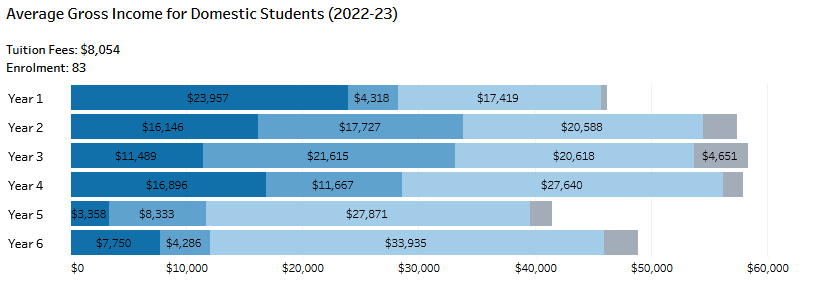Why Sociology at U of T?
We are thrilled that you are interested in joining the Sociology department at the University of Toronto! Graduate students in our MA and PhD programs learn from leading academics across 17 different research fields like global migration; urban sociology; sociology of health and mental health; crime and law; social networks; culture; colonialism, racialization and Indigeneity; gender, and more. We wanted to share a few of our students’ experiences in choosing U of T Soc, related to living in the city of Toronto, their funding, and their research opportunities.
 |
 |
Student Life in Toronto
Graduate students are part of the University of Toronto's vibrant downtown St. George Campus. With desk space available at the Sociology department's new offices at 700 University Avenue, students can work and interact with faculty in the heart of Toronto. Students take advantage of their proximity to U of T classrooms, faculty offices, and institutions, all of which are integrated into the core of Canada's largest and most diverse metropolitan centre.
The department’s location in the heart of Toronto situates one right at the center of a multicultural and dynamic social landscape that offers unique opportunities for networking and intellectual and social exchange.
- Shabnoor Nabi, PhD Student
Funding for Students
U of T Sociology offers a variety of means for graduate students to secure funding in support of their studies, including a robust funding package through the first four years of study. The average PhD student earns about $50,000 in gross income through their first six years in the program. Employment income reliably increases for students as they progress further into their PhD studies. Internal awards offered by U of T account for an average of $17,000 in annual funding throughout a PhD student's first four years of study. These awards include admission awards, departmental awards, fellowships, scholarships, research and travel funds, and bursaries.
The School of Graduate Studies' webpage about PhD Funding Data offers a breakdown of these figures. Dark blue represents internal awards, medium blue external awards, light blue employment income and gray research stipends.

With U of T's funding offerings, I do a lot of planning. I have 3 income sources: TAships, my RAship, and my fellowships.
- Daniel Hill, PhD Student
Research Opportunities
Our graduate students have a wealth of opportunities to advance their academic pursuits through research and publication. U of T supported nearly 50 graduate students in attending the 2024 ASA meeting in Montreal, where students presented research and participated in roundtables with scholars from other institutions. Our faculty members have over 30 ongoing, recently funded research projects, which graduate students can join as research assistants.
 |
 |


